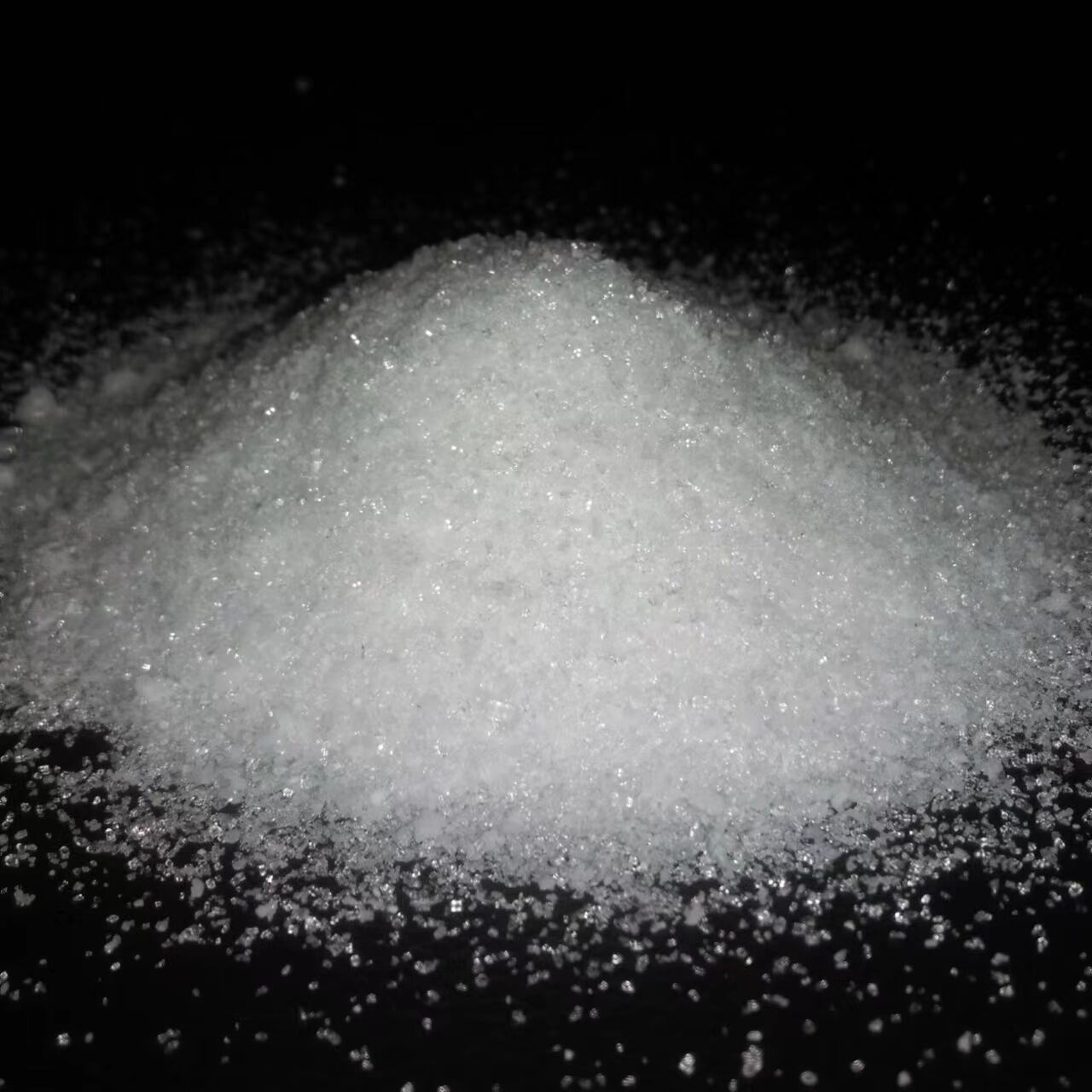The role of magnesium sulfate fertilizer, commonly known as Epsom salt, is pivotal in promoting healthy plant growth and enhancing soil conditions. Magnesium sulfate is a vital source of magnesium and sulfur for plants, and its application brings about various benefits in agriculture and horticulture.First and foremost, magnesium sulfate serves as a catalyst for photosynthesis, the process by which plants convert light energy into chemical energy. It activates enzymes involved in photosynthesis and aids in the synthesis of chlorophyll, the green pigment essential for capturing light energy. This ensures that plants can efficiently harness solar energy for their growth and development.Furthermore, magnesium sulfate plays a crucial role in nutrient uptake and assimilation. It facilitates the absorption of other essential nutrients, such as phosphorus and nitrogen, by plants. This leads to improved overall plant health and vigor, as these nutrients are vital for various metabolic processes and cellular functions.In addition to its role in promoting plant vitality, magnesium sulfate contributes to soil improvement. It helps to maintain proper soil pH levels, thereby creating an environment conducive to optimal nutrient availability and uptake by plants. The application of magnesium sulfate can also enhance soil structure, promoting better aeration and water retention. This ultimately fosters a more favorable environment for root growth and microbial activity in the soil.Moreover, magnesium sulfate fertilizer can alleviate specific deficiencies in plants, particularly those related to magnesium and sulfur. Common symptoms of magnesium deficiency, such as yellowing of leaves and poor fruit development, can be mitigated through the application of magnesium sulfate. This is particularly beneficial for crops such as tomatoes, peppers, and potatoes, which are known to benefit from adequate magnesium levels.Beyond its immediate impact on plant health, the use of magnesium sulfate fertilizer has been associated with improved crop quality and higher yields. By addressing nutrient deficiencies and optimizing plant growth, magnesium sulfate contributes to the production of healthier, more robust crops, ultimately leading to increased agricultural productivity.In conclusion, the multifaceted role of magnesium sulfate fertilizer encompasses its contributions to photosynthesis, nutrient uptake, soil improvement, and plant health. Its application not only promotes vigorous plant growth and development but also enhances soil fertility, leading to improved agricultural outcomes. As such, magnesium sulfate fertilizer remains a valuable asset in sustainable agriculture, contributing to the cultivation of healthier crops and the maintenance of productive, nutrient-rich soils.
Post time: Dec-11-2023






